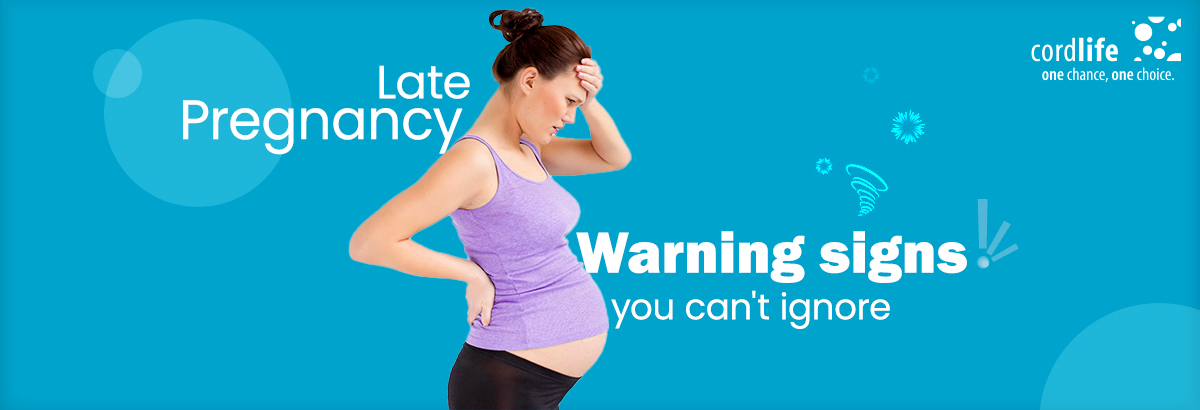Table of Contents
Urgh!!! You’ve been waiting for 9 months to hold your baby in your arms. You don’t have any more patience! It’s understandable.
It’s your healthcare provider who gives you the date of delivery. That doesn’t mean your baby will arrive during that time. You can give birth before or after your due date.
Your pregnancy is late when you carry the baby inside your womb between 41 weeks and 6 days. However, if you have to carry the baby inside you beyond 42 weeks, your pregnancy is post-term.
You may not feel scared or worried about your late pregnancy, but you should be aware of the red flags or warning signs so that if anything goes wrong, you need to address it immediately.
But, before watching out for the warning signs, you must have several questions in your mind about your late pregnancy. The questions are as follows:
What are the Causes of Late Pregnancy?
60% of Pregnancies conclude within the estimated due delivery date. However, 5 out of 100 expecting mothers are likely to experience a longer pregnancy. But, why is it so? You are more likely to have a post-term pregnancy, and delivery if:
- You’re pregnant for the first time
- You already had a child earlier, and you had a baby boy
- You’re plus-size or overweight (Body mass index is more than 30)
- Your healthcare provider may have calculated your due date incorrectly, as there was confusion about the starting date of the last menstrual cycle.
- Genetics or heredity plays a major role
- But, late pregnancy may also be related to placental problems or foetal developmental problems.
Fortunately, late pregnancy is not a permanent condition. Labour may begin at any time. Or labour might have to be induced. In between these episodes, you need to watch out for some of the serious late-pregnancy warning signs.
What are the Late Pregnancy Warning Signs?
Undoubtedly, you’ll feel very uncomfortable by the time you reach the end of your pregnancy. You might have to welcome the lightning crotch as well as back pain, but along with this, you might have to address potential risks of preeclampsia, eclampsia, and some problems related to heart conditions.
Expect to give birth to a larger than average size baby – something known as foetal macrosomia, and low amniotic fluid (due to which your little one’s heart inside your womb may be affected, and there are chances that the umbilical cord gets compressed).
Moreover, since you’re carrying your baby for more than 40 weeks, at the time of your baby’s delivery, you might suffer from vaginal bleeding and discharge. There are chances that, before you deliver your baby, you might suffer from a severe headache and fever. Along with this, you might feel a sudden change in the movement of your baby inside you.
But there is nothing to worry about. With careful monitoring and a few tests, you can prevent late pregnancy complications.
How to Monitor Late Pregnancy?
Usually, you have visited the prenatal healthcare practitioner to see how well your pregnancy is going and how well your little one inside you is developing. So, once you’ve walked past one week of your due date, you’ll undergo a few ultrasound scans to check your foetal heart rate, breathing, as well as movement. The amniotic fluid is also properly checked. After reviewing the tests, your healthcare provider may decide what could be the best course of action. As the courses of action might be different. They are:
- The healthcare provider can give you medicines for cervix ripening
- The healthcare provider may sweep the amniotic sac with a gloved finger and separate the sac from the cervix and the lower uterine wall
- If the amniotic sac is still attached, the doctor might create an opening with a plastic hook to make the water break
- He or she might give you some medicines or a version of Picotin, causing uterine contraction, thus triggering labour.
Besides these, you just have to take care of yourself and be a little proactive. Here’s how:
- eat in the right quantum,
- do prenatal exercises, and yoga
- take care of your weight,
- brush and floss daily and
- take prenatal vitamins.
Continuously keep in touch with your doctor, and pay attention to the warning signs. Your little one will be there in your arms before you even know it.
